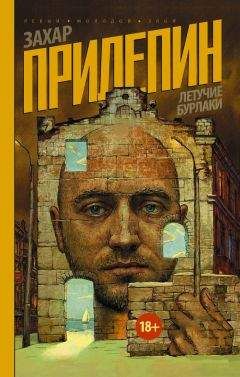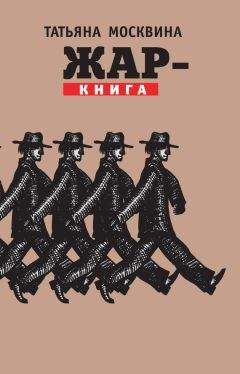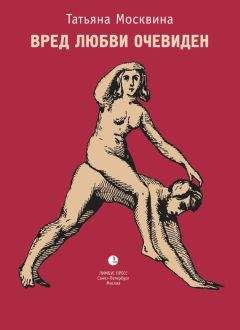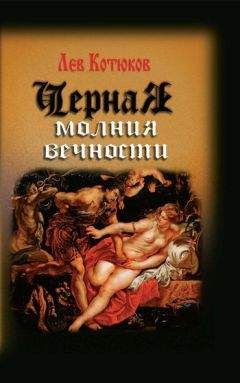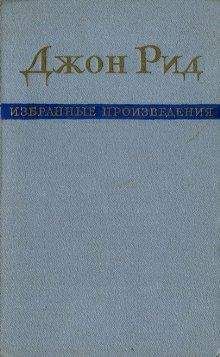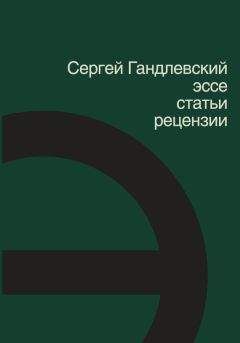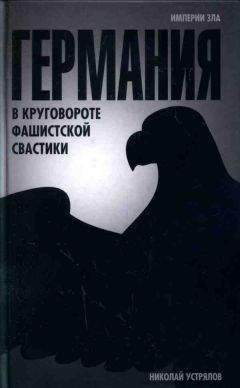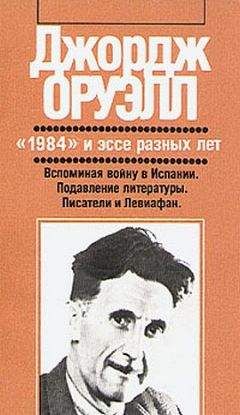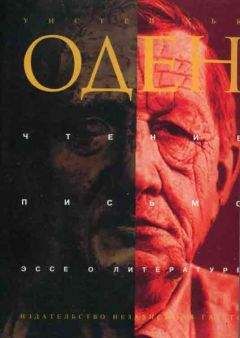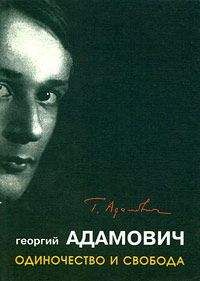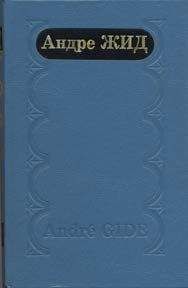Уистан Оден - Стихи и эссе
Скачивание начинается... Если скачивание не началось автоматически, пожалуйста нажмите на эту ссылку.
Жалоба
Напишите нам, и мы в срочном порядке примем меры.
Описание книги "Стихи и эссе"
Описание и краткое содержание "Стихи и эссе" читать бесплатно онлайн.
УИСТЕН ХЬЮ ОДЕН (WYSTAN HUGH AUDEN; 1907–1973) — англо-американский поэт, драматург, публицист, критик. С 1939 года жил в США. Лауреат Пулицеровской и других литературных премий. Автор многих поэтических сборников, среди которых «Танец смерти» («The Dance of Death», 1933), «Гляди, незнакомец!» («Look, Stranger!», 1936), «Испания» («Spain», 1937), «Век тревоги» («The Age of Anxiety», 1947), «Щит Ахилла» («The Shield of Achilles», 1955), «Избранные стихи» («Collected Shorter Poems», 1968).
1939
Law Like Love
Law, say the gardeners, is the sun,
Law is the one
All gardeners obey
To-morrow, yesterday, to-day.
Law is the wisdom of the old,
The impotent grandfathers feebly scold;
The grandchildren put out a treble tongue,
Law is the senses of the young.
Law, says the priest with a priestly look,
Expounding to an unpriestly people,
Law is the words in my priestly book,
Law is my pulpit and my steeple.
Law, says the judge as he looks down his nose,
Speaking clearly and most severely,
Law is as I've told you before,
Law is as you know I suppose,
Law is but let me explain it once more,
Law is The Law.
Yet law-abiding scholars write:
Law is neither wrong nor right,
Law is only crimes
Punished by places and by times,
Law is the clothes men wear
Anytime, anywhere,
Law is Good-morning and Good-night.
Others say, Law is our Fate;
Others say, Law is our State;
Others say, others say
Law is no more,
Law has gone away.
And always the loud angry crowd,
Very angry and very loud,
Law is We,
And always the soft idiot softly Me.
If we, dear, know we know no more
Than they about the Law,
If I no more than you
Know what we should and should not do
Except that all agree
Gladly or miserably
That the Law is
And that all know this,
If therefore thinking it absurd
To identify Law with some other word,
Unlike so many men
I cannot say Law is again,
No more than they can we suppress
The universal wish to guess
Or slip out of our own position
Into an unconcerned condition.
Although I can at least confine
Your vanity and mine
To stating tirmidly
A timid similarity,
We shall boast anyway:
Like love I say.
Like love we don't know where or why,
Like love we can't compel or fly,
Like love we often weep,
Like love we seldom keep.
1939
Under Which Lyre
Ares at last has quit the field,
The bloodstains on the bushes yield
To seeping showers,
And in their convalescent state
The fractured towns associate
With summer flowers.
Encamped upon the college plain
Raw veterans already train
As freshman forces;
Instructors with sarcastic tongue
Shepherd the battle-weary young
Through basic courses.
Among bewildering appliances
For mastering the arts and sciences
They stroll or run,
And nerves that steeled themselves to slaughter
Are shot to pieces by the shorter
Poems of Donne.
Professors back from secret missions
Resume their proper eruditions,
Though some regret it;
They liked their dictaphones a lot,
They met some big wheels, and do not
Let you forget it.
But Zeus' inscrutable decree
Permits the will-to-disagree
To be pandemic,
Ordains that vaudeville shall preach
And every commencement speech
Be a polemic.
Let Ares doze, that other war
Is instantly declared once more
'Twixt those who follow
Precocious Hermes all the way
And those who without qualms obey
Pompous Apollo.
Brutal like all Olympic games,
Though fought with similes and Christian names
And less dramatic,
This dialectic strife between
The civil gods is just as mean,
And more fanatic.
What high immortals do in mirth
Is life and death on Middle Earth;
Their a-historic
Antipathy forever gripes
All ages and somatic types,
The sophomoric
Who face the future's darkest hints
With giggles or with prairie squints
As stout as Cortez,
And those who like myself turn pale
As we approach with ragged sail
The fattening forties.
The sons of Hermes love to play,
And only do their best when they
Are told they oughtn't;
Apollo's children never shrink
From boring jobs but have to think
Their work important.
Related by antithesis,
A compromise between us is
Impossible;
Respect perhaps but friendship never:
Falstaff the fool confronts forever
The prig Prince Hal.
If he would leave the self alone,
Apollo's welcome to the throne,
Fasces and falcons;
He loves to rule, has always done it;
The earth would soon, did Hermes run it,
Be like the Balkans.
But jealous of our god of dreams,
His common-sense in secret schemes
To rule the heart;
Unable to invent the lyre,
Creates with simulated fire
Official art.
And when he occupies a college,
Truth is replaced by Useful Knowledge;
He pays particular
Attention to Commercial Thought,
Public Relations, Hygiene, Sport,
In his curricula.
Athletic, extrovert and crude,
For him, to work in solitude
Is the offence,
The goal a populous Nirvana:
His shield bears this device: Mens sana
Qui mal y pense.
To-day his arms, we must confess,
From Right to Left have met success,
His banners wave
From Yale to Princeton, and the news
From Broadway to the Book Reviews
Is very grave.
His radio Homers all day long
In over-Whitmanated song
That does not scan,
With adjectives laid end to end,
Extol the doughnut and commend
The Common Man.
His, too, each homely lyric thing
On sport or spousal love or spring
Or dogs or dusters,
Invented by some court-house bard
For recitation by the yard
In filibusters.
To him ascend the prize orations
And sets of fugal variations
On some folk-ballad,
While dietitians sacrifice
A glass of prune-juice or a nice
Marsh-mallow salad.
Charged with his compound of sensational
Sex plus some undenominational
Religious matter,
Enormous novels by co-eds
Rain down on our defenceless heads
Till our teeth chatter.
In fake Hermetic uniforms
Behind our battle-line, in swarms
That keep alighting,
His existentialists declare
That they are in complete despair,
Yet go on writing.
No matter; He shall be defied;
White Aphrodite is on our side:
What though his threat
To organize us grow more critical?
Zeus willing, we, the unpolitical,
Shall beat him yet.
Lone scholars, sniping from the walls
Of learned periodicals,
Our facts defend,
Our intellectual marines,
Landing in little magazines,
Capture a trend.
By night our student Underground
At cocktail parties whisper round
From ear to ear;
Fat figures in the public eye
Collapse next morning, ambushed by
Some witty sneer.
In our morale must lie our strength:
So, that we may behold at length
Routed Apollo's
Battalions melt away like fog,
Keep well the Hermetic Decalogue,
Which runs as follows:-
Thou shalt not do as the dean pleases,
Thou shalt not write thy doctor's thesis
On education,
Thou shalt not worship projects nor
Shalt thou or thine bow down before
Administration.
Thou shalt not answer questionnaires
Or quizzes upon World-Affairs,
Nor with compliance
Take any test. Thou shalt not sit
With statisticians nor commit
A social science.
Thou shalt not be on friendly terms
With guys in advertising firms,
Nor speak with such
As read the Bible for its prose,
Nor, above all, make love to those
Who wash too much.
Thou shalt not live within thy means
Nor on plain water and raw greens.
If thou must choose
Between the chances, choose the odd;
Read The New Yorker, trust in God;
And take short views.
1946
A Walk After Dark
A cloudless night like this
Can set the spirit soaring:
After a tiring day
The clockwork spectacle is
Impressive in a slightly boring
Eighteenth-century way.
It soothed adolescence a lot
To meet so shameless a stare;
The things I did could not
Be so shocking as they said
If that would still be there
After the shocked were dead.
Now, unready to die
But already at the stage
When one starts to resent the young,
I am glad those points in the sky
May also be counted among
The creatures of Middle-age.
It's cosier thinking of night
As more an Old People's Home
Than a shed for a faultless machine,
That the red pre-Cambrian light
Is gone like Imperial Rome
Or myself at seventeen.
Yet however much we may like
The stoic manner in which
The classical authors wrote,
Only the young and the rich
Have the nerve or the figure to strike
The lacrimae rerum note.
For the present stalks abroad
Like the past and its wronged again
Whimper and are ignored,
And the truth cannot be hid;
Somebody chose their pain,
What needn't have happened did.
Occurring this very night
By no established rule,
Some event may already have hurled
Its first little No at the right
Of the laws we accept to school
Our post-diluvian world:
But the stars burn on overhead,
Unconscious of final ends,
As I walk home to bed,
Asking what judgement waits
My person, all my friends,
And these United States.
1948
Подписывайтесь на наши страницы в социальных сетях.
Будьте в курсе последних книжных новинок, комментируйте, обсуждайте. Мы ждём Вас!
Похожие книги на "Стихи и эссе"
Книги похожие на "Стихи и эссе" читать онлайн или скачать бесплатно полные версии.
Мы рекомендуем Вам зарегистрироваться либо войти на сайт под своим именем.
Отзывы о "Уистан Оден - Стихи и эссе"
Отзывы читателей о книге "Стихи и эссе", комментарии и мнения людей о произведении.





